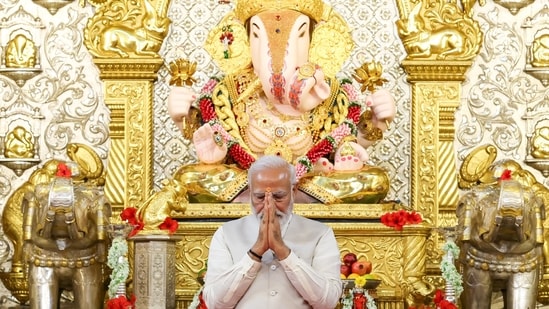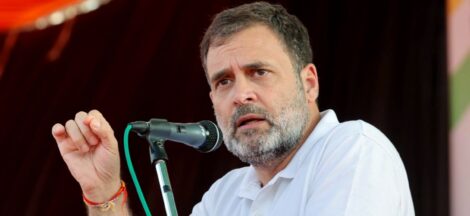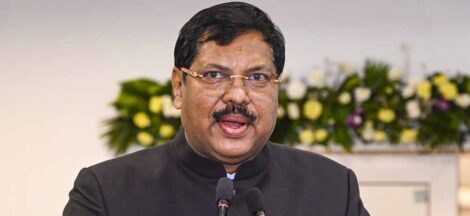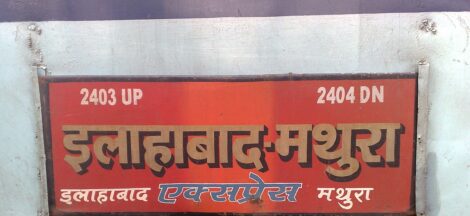The Bharatiya Janata Party (BJP) has vigorously countered criticisms surrounding Prime Minister Narendra Modi’s attendance at the Ganpati Puja at Chief Justice of India D.Y. Chandrachud’s residence. This move has sparked a debate on the propriety of such interactions between high-ranking officials and the judiciary, especially amid ongoing discussions about judicial independence and political neutrality.
The controversy erupted when Modi’s visit to the Chief Justice’s home during the Ganpati festival was publicly disclosed, prompting a flurry of reactions. Critics have questioned the appropriateness of the visit, arguing it could undermine the perception of judicial impartiality. They have expressed concerns that such high-profile interactions might blur the lines between the executive and judicial branches, potentially compromising the integrity of the judiciary.
In response, the BJP has asserted that Modi’s visit was a gesture of goodwill and respect, reflecting longstanding traditions of social and cultural engagement. The party emphasized that Modi’s attendance at the Ganpati Puja was not intended to influence or interfere with judicial proceedings but was instead a personal gesture aligned with the cultural practices of the festival.
Supporters of the Prime Minister argue that such interactions are not uncommon in Indian culture and do not necessarily imply a breach of judicial independence. They highlight that high-profile figures often participate in various cultural and social events, which are viewed as expressions of camaraderie rather than attempts to exert undue influence. The BJP has also pointed out that the Chief Justice’s invitation to the Prime Minister underscores a respectful relationship between the two offices, rather than any form of coercion or favoritism.
The controversy has also sparked a broader discussion about the boundaries of interaction between the judiciary and political leaders. Legal experts are divided on whether such visits could be seen as compromising the perceived neutrality of the judicial system. Some argue that maintaining clear boundaries between political and judicial roles is essential to uphold public confidence in judicial impartiality, while others believe that such interactions, when conducted transparently and respectfully, do not inherently threaten judicial independence.
The Chief Justice of India has remained largely silent on the matter, which has led to varied interpretations of his stance. Some view the lack of comment as an indication of his desire to avoid further politicizing the issue, while others interpret it as a tacit acknowledgment of the appropriateness of the visit.
This episode underscores the complex nature of public perceptions of political and judicial interactions in India. As the debate continues, it highlights the ongoing need for clear guidelines governing the conduct of both political and judicial figures to ensure that public trust in these institutions remains intact.
The BJP’s response to the criticism reflects its broader strategy of defending the Prime Minister’s actions and maintaining a narrative of cultural engagement and respect for traditional values. The party’s stance is likely to resonate with its base, which values Modi’s efforts to bridge the gap between politics and cultural practices.




 Delhi High Court Rejects Bajrang Punia’s Interim Relief Request
Delhi High Court Rejects Bajrang Punia’s Interim Relief Request 